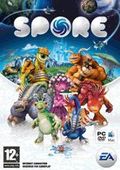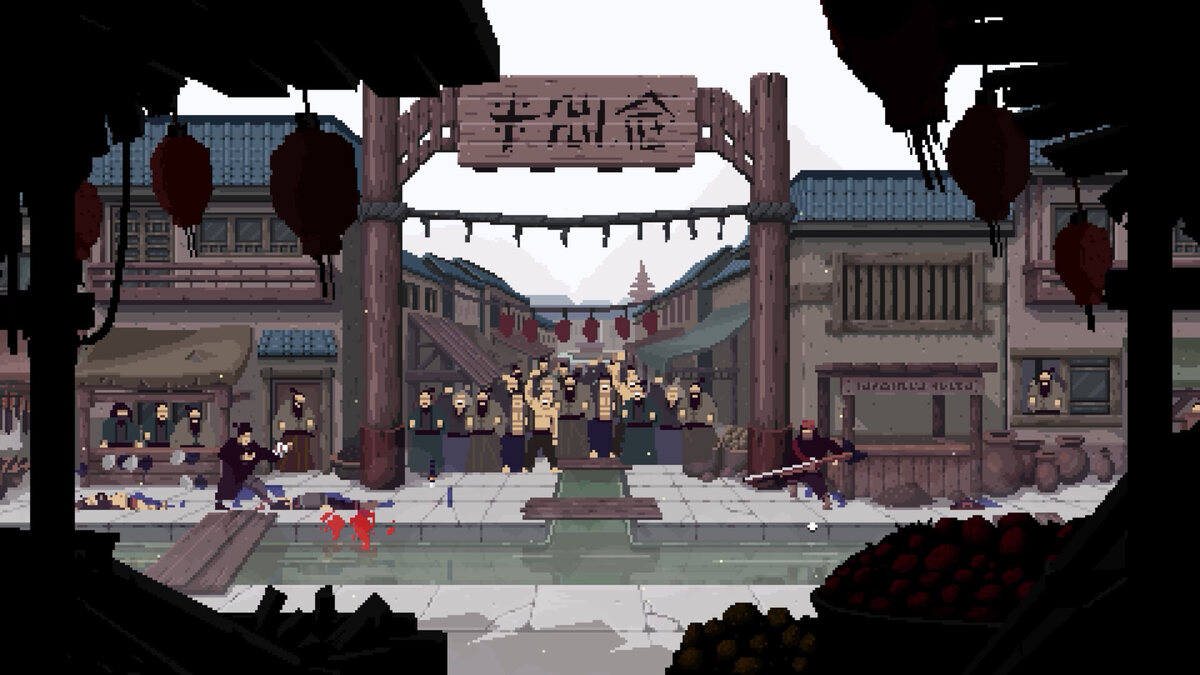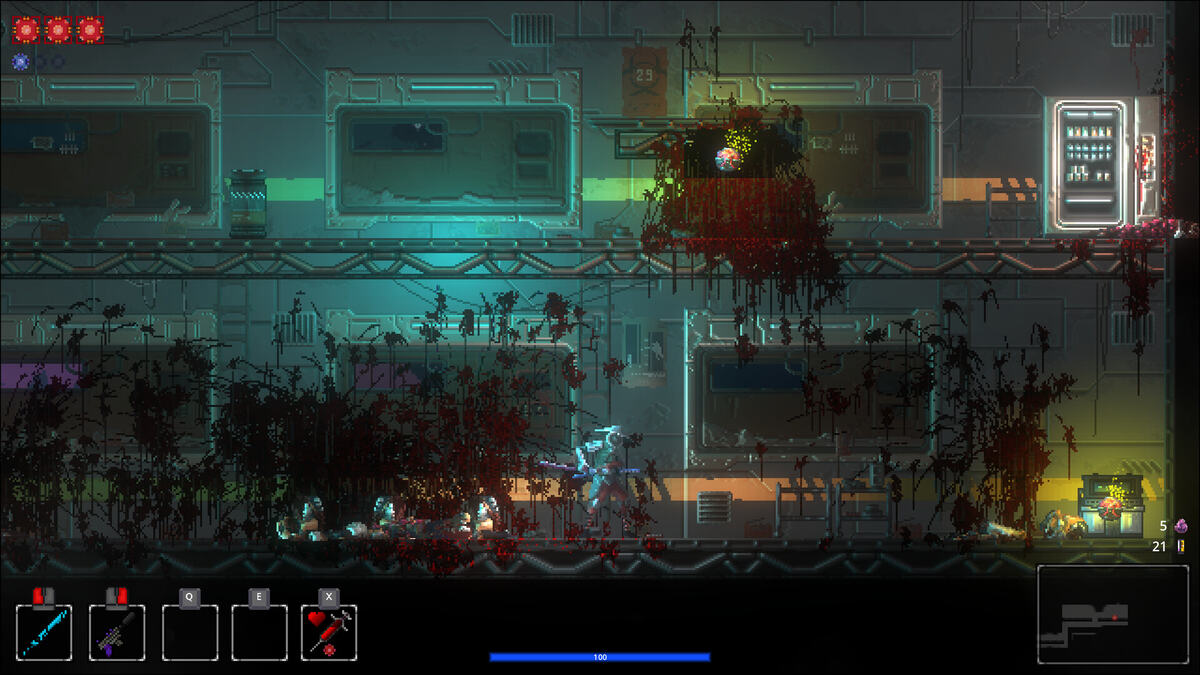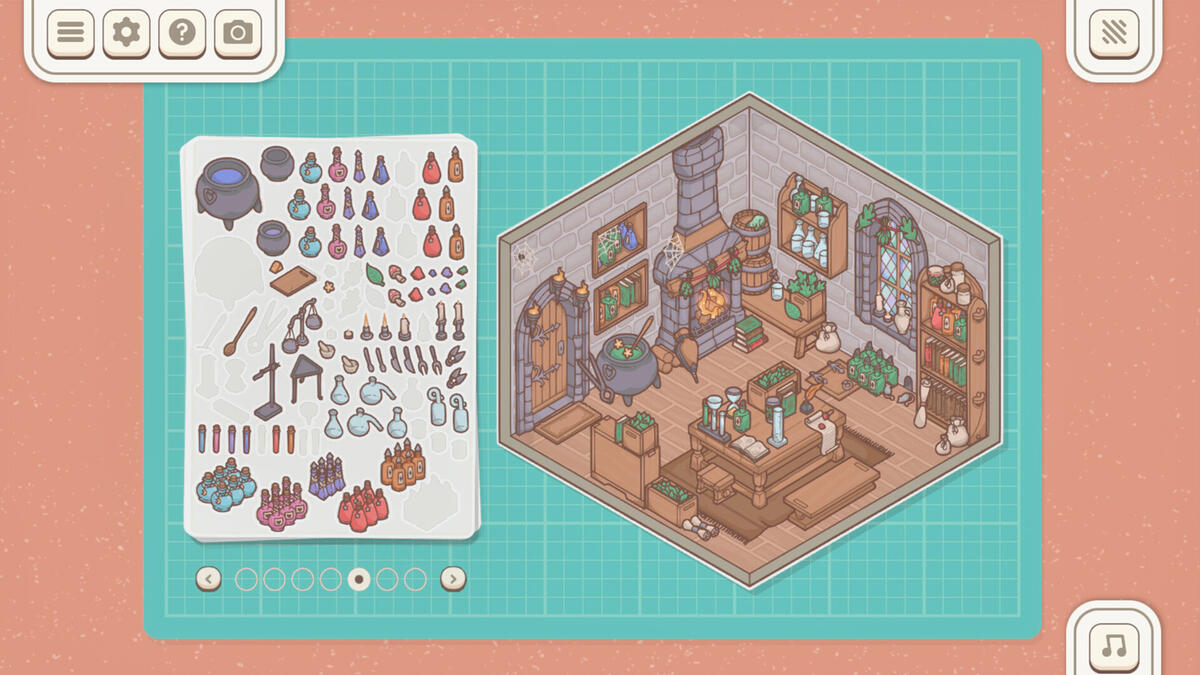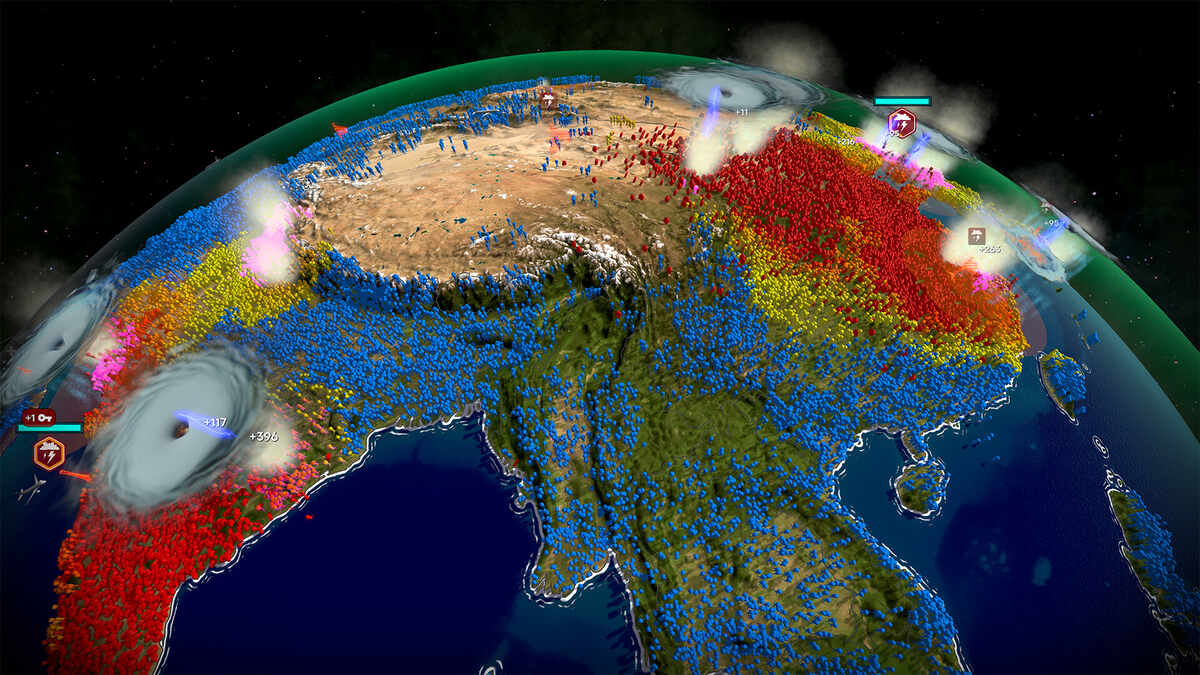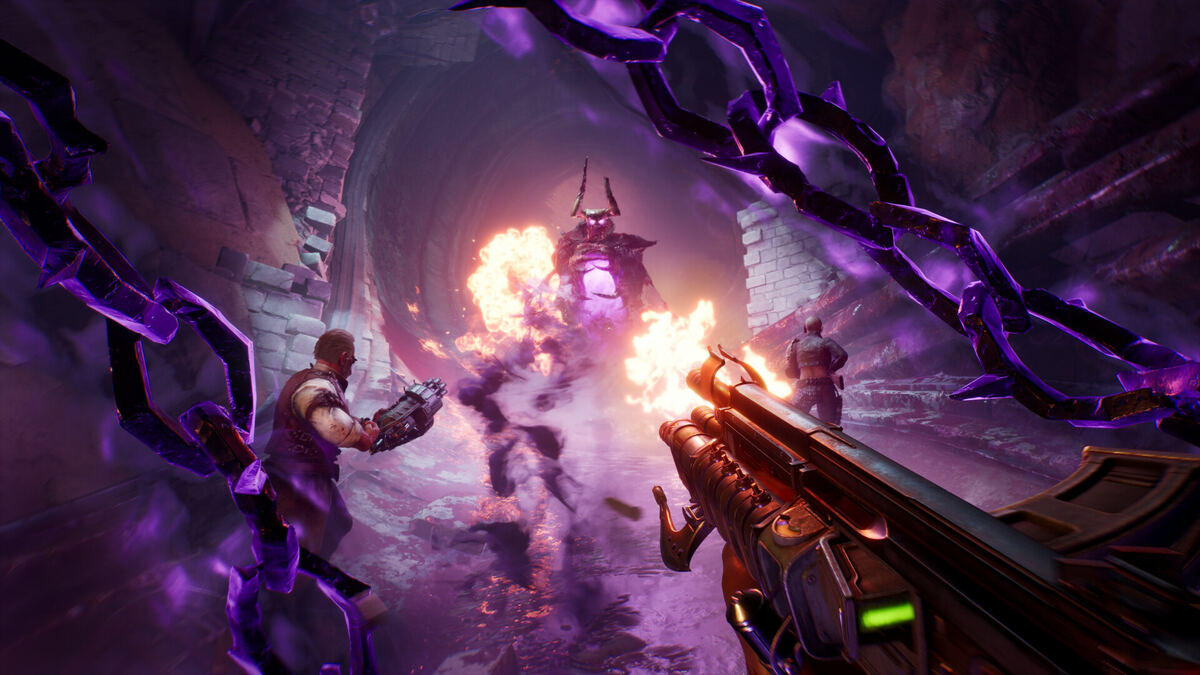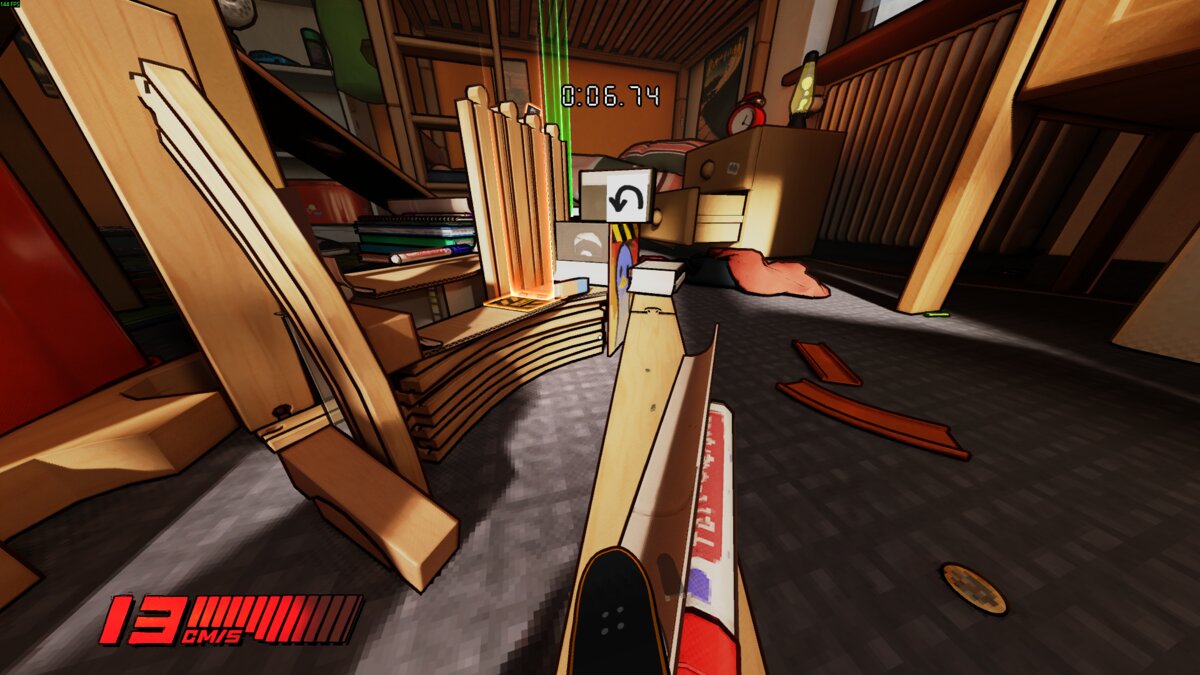You can trust VideoGamer. Our team of gaming experts spend hours testing and reviewing the latest games, to ensure you're reading the most comprehensive guide possible. Rest assured, all imagery and advice is unique and original. Check out how we test and review games here
We’ve all seen games before that claim to cover the period from the dawn of a species right through to the day they conquer distant space, but never before has it been as literal, or as daft, as in Spore, the latest output from Will Wright, the creator of The Sims.
What Spore does is not only let you govern and dictate the actions of a selection of life forms, but create them yourself, deciding on everything from the position of their knee joints to the length of their spine. Of course all of the traditional customisation options are available, allowing you to tinker with a huge range of skin tones, camouflage patterns and facial characteristics, but it is fair to say that Spore is to a certain extent an in depth art tool re-imagined as a respectful parody of several PC game genres.
There is a great deal more to do here than simply meddle with the genetic make-up of various cute alien creations from deep in your mind, and it is fair to say that the game is something like a combination of Viva Piñata, The Settlers and MySims, but at the centre of both the charm and technical merits of Spore is the species creation stage.
While Spore’s bold, basic cartoon visuals may leave you in no doubt of the game’s charm, a peek at the screenshots might not lead you immediately to think of ‘technical merits’, and some of the landscapes do, in the game’s current state, seem rather empty. However, once you have unleashed a cuddly primate of your conception into the world, seeing the game in motion will leave you in no doubt that there is plenty of room for tidy game design far from the realms of photorealism.
What impresses is that however you design your creature, with almost infinitive variations available in the position of joints in relation to each other and the size of body parts, the game engine manages to animate them with personality, individuality, and flair. Set your new species’ knees far above and behind its ears with long, looping legs and Spore will have no problem in filling that animal with wonderful movement and life as it runs, fights and dances.
Nevertheless, a brilliant customisation tool is still just a customisation tool, and many gamers have become jaded with games that present a lazy character creation interface at the front of a title they’d rather just dive into. The gameplay elements of Spore are what will define its success, and for now they look intriguing, and take a refreshing approach to the RTS and city building genres, somehow mixing the two into a new kind of god-game.
Spore breaks down into four stages after the initial creature creation phase, which first only allows you to construct the most basic cellular life forms. After this you must take direct control of the first of your newborn, and go out onto an island that feels like it could almost be in the same hemisphere as Mario 64’s green and pleasant pastures.
Immediately you are thrust into a world populated by numerous other creatures, all of whom are designed by other players, which gives the universe you explore a brilliant feel of variety and community. From the outset you must begin to establish your presence as a species and reproduce, whether you opt to be friendly and forthcoming or aggressive and domineering.
Various interactions such as singing and dancing or fighting allow you to find your place in the pecking order, which you must of course climb. Being friendly and developing symbiotic relationships with the animals that share the planet’s surface with you seems to be the most beneficial way to move through the simple reward-based progression model that leads you to the game’s later stages.
Successful interactions spawn collectable DNA helix bonuses, which in turn can be spent on the constantly increasing number of physical and behavioural attributes you can apply to later generations of your fledgling animals, meaning your scuttling amoeboid species can quickly become highly evolved creations.
An hour or two into Spore, once you have established your presence in the game world, you can form a tribe, turning the experience into something branded a ‘light RTS’ by the game’s developers. Rapidly you must expand a central nest into a small community, sourcing food, developing technology and wooing rival strains of your species through friendship or conflict.
After this close-up city-building game where you are only concerned with the immediate actions of a small number of your colourful beasts, the focus of your gameplay zooms out another level, allowing you to begin to establish true metropolises bustling with completely customisable buildings and vehicles that appear to encourage the carefree, fantastical approach to design already dipped into by MySims.
At this stage, our Leipzig demonstration of Spore came to an end, with only a mere flash of the game’s final stage, where you must explore and dominate space. At present all of the game worlds are still of course empty of substantial player created content, and there is still obviously a little work to be done.
Regardless, Spore’s world looks to be one that should appeal vastly to those who like the idea of an interactive doodle released into a rather silly and happy-go-lucky world, or if you’ve ever liked the idea of The Sims but don’t really like the idea of concerning yourself with obnoxious urbanites. Part RTS, part online world and part art package, Spore takes some of the most serious elements of the PC world and sprays them with loud neon colours. Its quality is undeniable, and it appears accessible and instinctive, but what will really decide Spore’s success is how ordinary gamers will feel about this mischievous reworking of more typically sedate gaming genres.
/https://oimg.videogamer.com/images/2518/spore_33.jpg)
